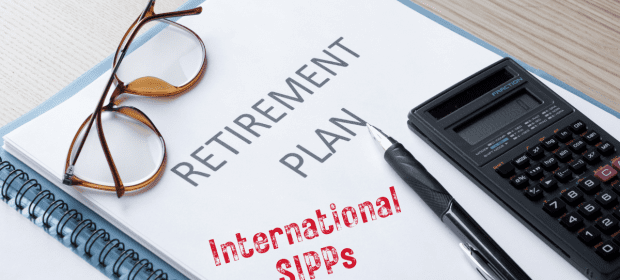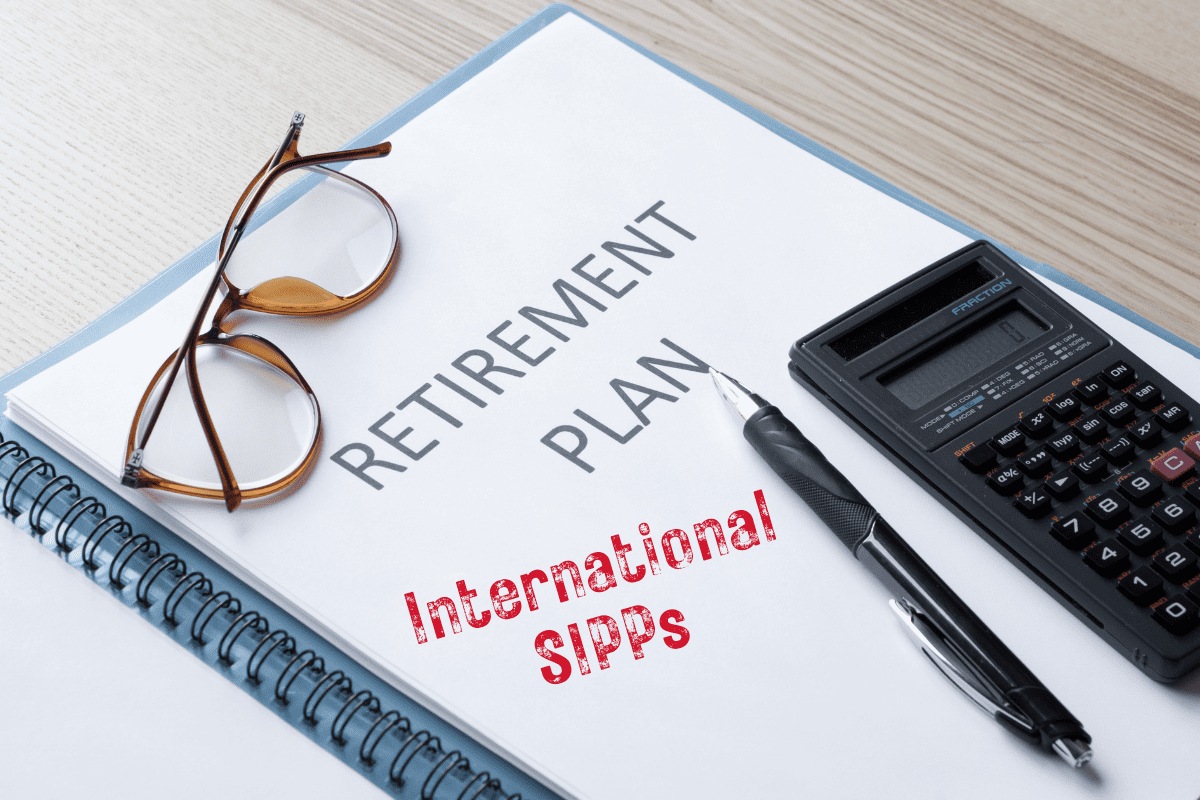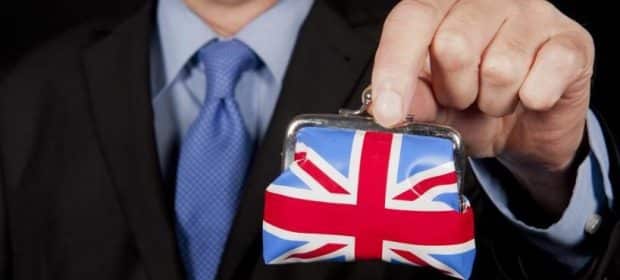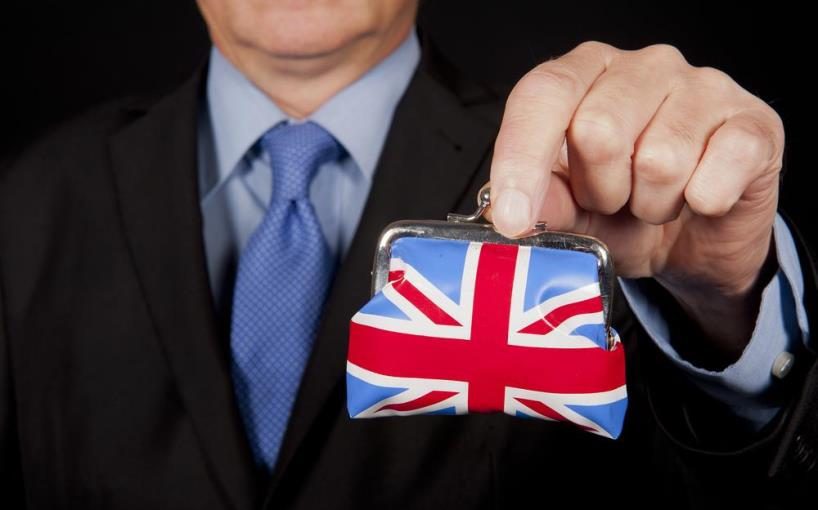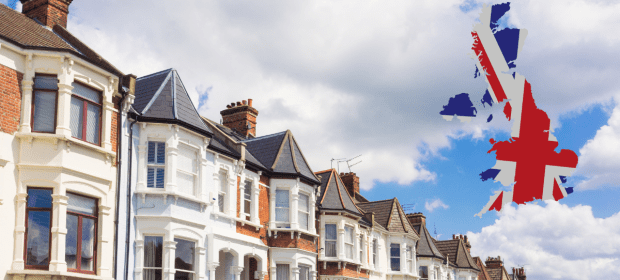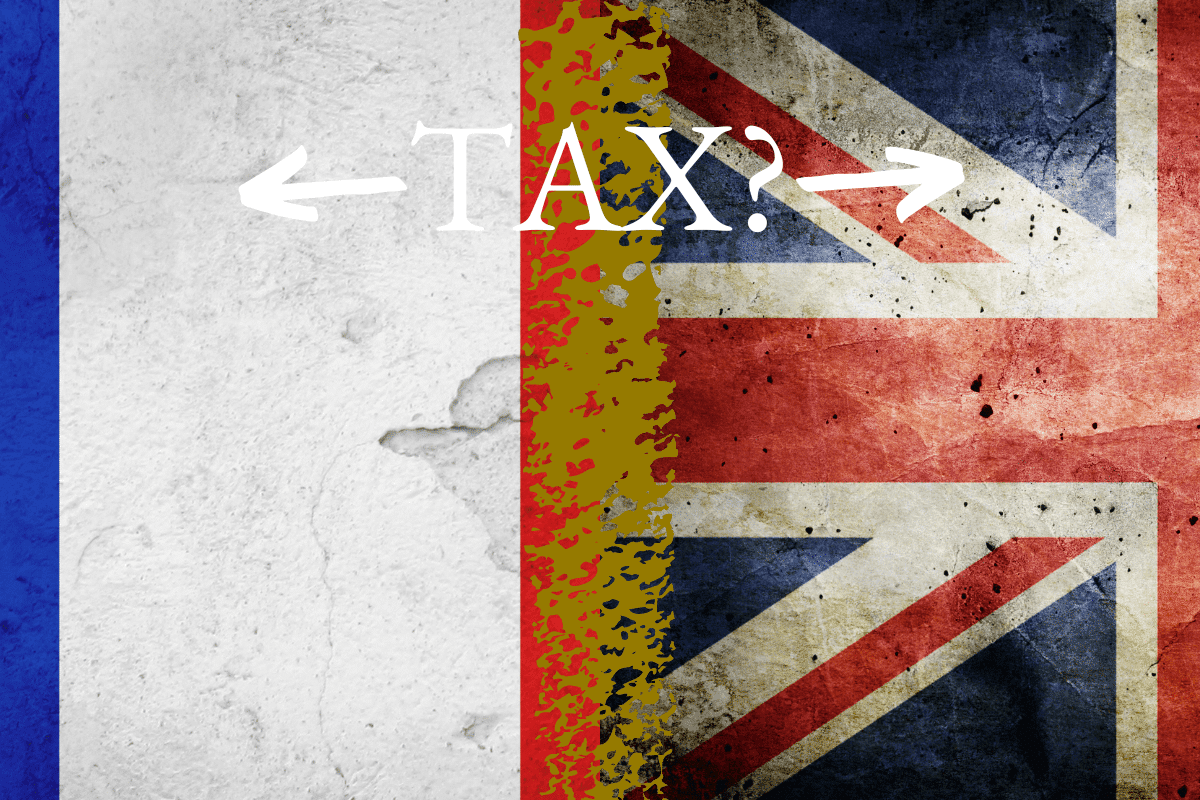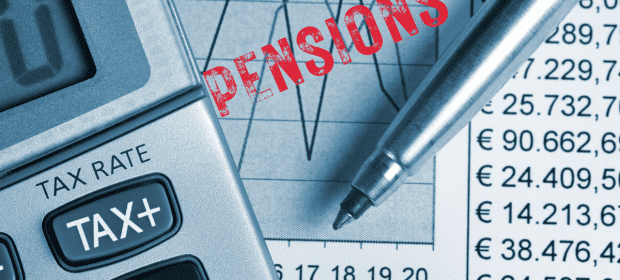What are they and how do they benefit a non-UK resident living in France?
Myself and my colleagues have seen a significant increase in enquires this year from clients who have private pension schemes in the UK. Many are having difficulties accessing pension benefits for the first time due to changes post BREXIT or their UK adviser has informed them that they can no longer work with them, because of the post BREXIT rules on ‘passporting rights’.
One of the solutions that has helped many of these clients is a scheme called an International Self Invested Personal Pension (SIPP). So, I am going to explain the background to this product and why it might be the appropriate home for your pension funds.
The SIPP was first introduced in the UK budget in 1989 and following further regulation became a registered pension plan in April 2006. SIPPs were introduced to encourage individuals to save for their retirement.
SIPPs are often set up by the provider using a master trust and the provider will normally be the scheme administrator and trustee. The individual then become a member of the scheme and investments are normally in the name of the provider or the trustee but are earmarked for the individual member.
The main advantage of a SIPP compared to a traditional personal pension is the level of investment flexibility the member has, as the range of available investments is much wider than a standard personal pension.


